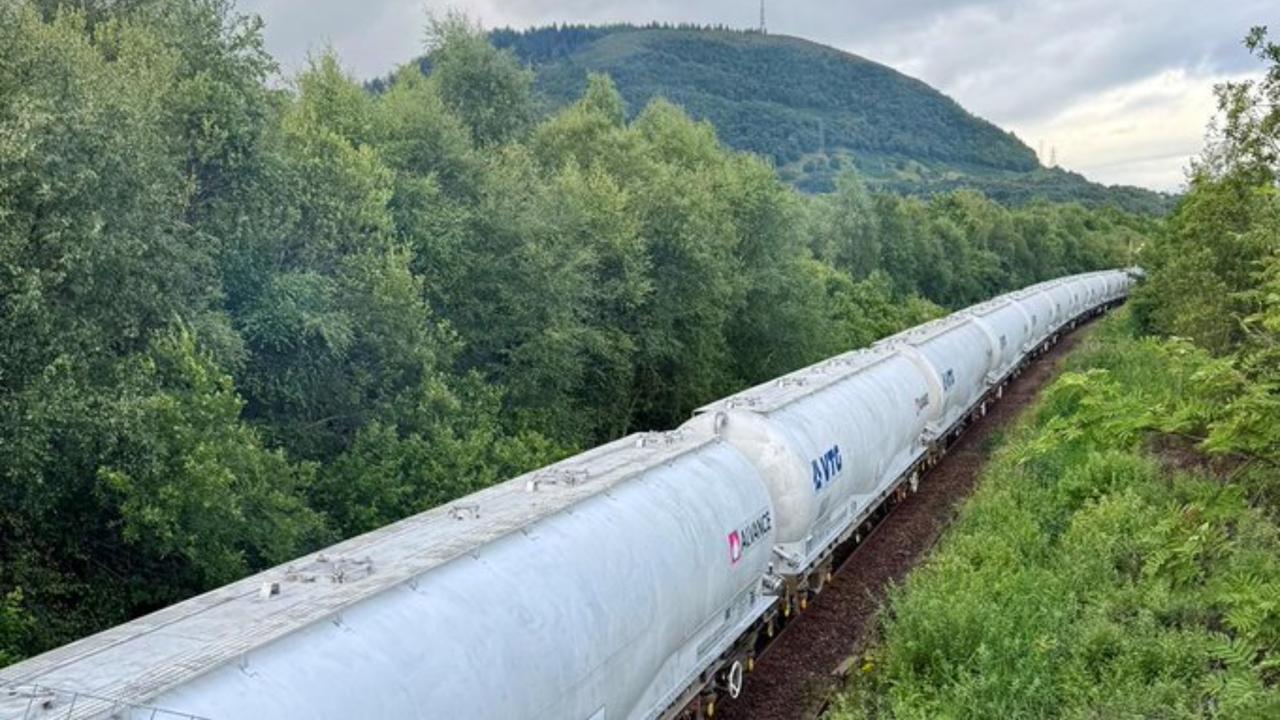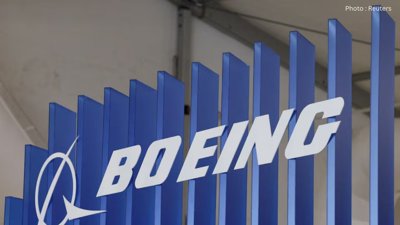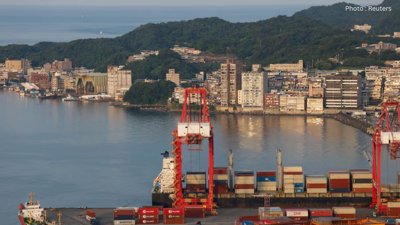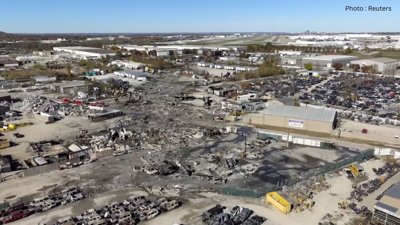
Post by : Amit
A Modern Shift in Aluminium Logistics
Alvance British Aluminium, one of the UK’s leading producers of primary aluminium, has announced a major upgrade to its logistics operations with the introduction of a new fleet of modern rail wagons. The investment is set to transform the way the company transports raw materials to its Fort William smelter in Scotland, promising faster, safer, and more sustainable supply chain operations.
The move reflects a growing trend among heavy industries to shift from road to rail for bulk freight, in response to rising fuel costs, stricter environmental regulations, and an increasing focus on corporate sustainability goals.
Meeting the Demands of a 21st-Century Supply Chain
The Fort William smelter — the last remaining primary aluminium smelter in the UK — depends on a steady flow of alumina, the raw material used in aluminium production. Traditionally, this material has been delivered using older rail wagons that, while serviceable, lacked the efficiency and safety features of today’s designs.
The newly acquired wagons incorporate the latest in freight transport technology, including improved loading mechanisms, enhanced braking systems, and better weather sealing to protect cargo during Scotland’s often harsh conditions. By upgrading the fleet, Alvance aims to ensure that its supply chain remains resilient and capable of meeting production targets without interruption.
Boosting Capacity and Reliability
One of the key benefits of the new wagons is their increased payload capacity, allowing more alumina to be moved per journey. This not only reduces the number of trips needed but also lowers the overall carbon footprint of the transport operation.
Advanced suspension systems and stronger chassis designs mean the wagons can handle heavier loads while maintaining stability on the challenging Highland rail routes. These technical improvements are expected to significantly reduce maintenance requirements and minimize delays caused by mechanical issues.
Environmental Gains at the Forefront
Rail freight is already one of the most environmentally friendly methods of bulk transport, emitting far fewer greenhouse gases per tonne-kilometre than road haulage. By adopting modern, energy-efficient wagons, Alvance British Aluminium is further cutting its operational emissions.
The company estimates that the shift will not only lower its carbon output but also contribute to Scotland’s wider decarbonization targets, as outlined in the country’s Climate Change Plan. Moving more goods by rail also helps reduce road congestion and wear on rural infrastructure, a point welcomed by local authorities and environmental groups alike.
A Long-Term Investment in Scottish Industry
The new wagons represent more than just an operational upgrade; they are a signal of Alvance’s long-term commitment to its Scottish operations. Since acquiring the Fort William plant, the company has invested heavily in modernizing both its production and its supply chain. The rail wagon upgrade is the latest in a series of initiatives designed to secure the plant’s future and maintain its role as a cornerstone of the local economy.
Alvance has emphasized that these investments are aimed at ensuring the smelter remains competitive in a global market where efficiency, quality, and sustainability are increasingly decisive factors.
Supporting Local Jobs and Skills
The logistics upgrade has positive implications for local employment. While the wagons themselves were manufactured elsewhere, their integration into the supply chain will create ongoing work for rail operators, maintenance crews, and associated service providers.
It also provides opportunities for skills development in modern freight operations, giving Scottish workers exposure to the latest rail logistics technologies. This aligns with national goals of upskilling the workforce to support a low-carbon, high-efficiency industrial economy.
Integration with the UK Rail Freight Network
The upgraded wagons will operate on existing freight routes connecting ports and industrial hubs with Fort William. This integration into the national rail network ensures that the smelter remains well-connected to both domestic suppliers and international markets.
Operators will coordinate with Network Rail to ensure optimal scheduling, allowing the new wagons to move efficiently through mixed passenger-and-freight corridors without causing delays. Given the strategic importance of the smelter to the UK aluminium supply chain, these improvements are expected to have benefits well beyond the company itself.
Industry Reactions and Broader Trends
Industry experts have praised Alvance’s decision as a forward-looking move that reflects broader trends in European heavy industry. Many manufacturers are seeking to modernize their logistics to reduce costs, improve reliability, and meet environmental obligations.
Rail freight operators have noted that orders for specialized wagons are increasing across sectors ranging from steel to chemicals, as industries recognize the long-term savings and reputational benefits of sustainable transport.
A Resilient Supply Chain for the Future
For Alvance British Aluminium, the new fleet is part of a larger strategy to make its operations more resilient in the face of global challenges. Supply chain disruptions, volatile commodity markets, and evolving environmental regulations have all put pressure on manufacturers to adapt.
By investing in efficient, modern transport equipment, the company is not only protecting its current production capacity but also preparing for future growth. Should global demand for aluminium rise — driven by sectors like electric vehicles, renewable energy infrastructure, and packaging — the Fort William smelter will be well-positioned to meet it.
The introduction of modern rail wagons at Alvance British Aluminium is more than just a logistics story — it’s a case study in how industrial players can combine operational efficiency with environmental responsibility. It highlights the role of rail freight as a strategic asset in decarbonizing industry and sustaining economic activity in remote regions.
As the wagons enter service, their performance will be closely watched not only by the aluminium sector but also by other industries considering similar investments. If successful, this initiative could inspire further modernization of the UK’s freight infrastructure, helping the country meet both its economic and climate goals.
Alvance British Aluminium, Alvance Aluminium logistics










Advances in Aerospace Technology and Commercial Aviation Recovery
Insights into breakthrough aerospace technologies and commercial aviation’s recovery amid 2025 chall

Defense Modernization and Strategic Spending Trends
Explore key trends in global defense modernization and strategic military spending shaping 2025 secu

Tens of Thousands Protest in Serbia on Anniversary of Deadly Roof Collapse
Tens of thousands in Novi Sad mark a year since a deadly station roof collapse that killed 16, prote

Canada PM Carney Apologizes to Trump Over Controversial Reagan Anti-Tariff Ad
Canadian PM Mark Carney apologized to President Trump over an Ontario anti-tariff ad quoting Reagan,

The ad that stirred a hornets nest, and made Canadian PM Carney say sorry to Trump
Canadian PM Mark Carney apologizes to US President Trump after a tariff-related ad causes diplomatic

Bengaluru-Mumbai Superfast Train Approved After 30-Year Wait
Railways approves new superfast train connecting Bengaluru and Mumbai, ending a 30-year demand, easi